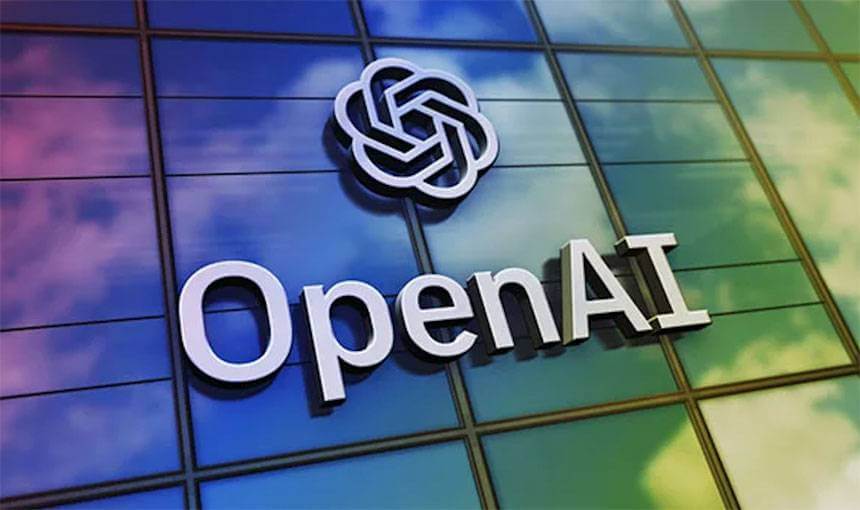OpenAI CEO Sam Altman is raising concerns that the United States is underestimating China's rapid advancements in artificial intelligence. He suggests that relying solely on export controls, even those creating "China-safe" chips, may not be enough to curb China's growing AI capabilities and secure long-term US dominance.
Altman's warning comes amidst a complex and evolving policy landscape regarding technology exports to China. While the Trump administration initially halted exports of advanced chips, a subsequent agreement allowed sales of certain "China-safe" chips to resume, with Nvidia and AMD giving the US government 15% of their China chip revenue. However, Altman is skeptical that these measures will effectively slow China's progress. He believes that focusing solely on export controls is not a reliable long-term solution, as Chinese companies can find workarounds or establish their own fabrication facilities.
Altman points out that the AI race between the US and China is multifaceted, encompassing inference capacity, research, and product development. He notes that China may be able to build AI inference capacity faster. Inference refers to the process of using a trained model to make predictions or decisions on new data. He also acknowledged that China's advancements, including the release of DeepSeek AI models, have influenced OpenAI's decisions. The rise of Chinese open-source models, like DeepSeek, was a factor in OpenAI's decision to release its own open-weight models. Altman stated that if OpenAI didn't release these models, the world's developer ecosystem would become heavily reliant on Chinese technology.
China has been strategically prioritizing AI development for years. The Chinese government has provided substantial support and funding for AI research and development, aiming to make China a global leader in AI by 2030. This includes initiatives like the "Next Generation Artificial Intelligence Development Plan" and "Made in China 2025," which emphasize AI self-sufficiency and integration of AI across various sectors. China's focus on computing efficiency and its efficiency-first approach challenges the high-spending AI development model of the US. Chinese companies like DeepSeek are developing competitive models at significantly lower costs.
The US, however, also has a strategy for maintaining its lead in AI. The Trump administration released a strategy for outcompeting China in AI, which includes strengthening export controls and promoting domestic innovation. The US aims to maintain control over the AI technology stack, encompassing semiconductor chips, programming languages, interfaces, and servers. The goal is for the world to build its AI applications on US-built products.
Despite US export controls, China has been adapting through innovation and efficiency. Restrictions on advanced AI chips have prompted Chinese companies to find alternative solutions and accelerate domestic chip production. Huawei and other Chinese suppliers are stepping up to fill the gap left by US restrictions. Some analysts suggest that US export controls may inadvertently aid China's domestic semiconductor manufacturing.
The US and China are not just competing on algorithms and processors but also on setting global standards and controlling the infrastructure of the digital world. Microsoft President Brad Smith stated that the country whose technology is most broadly adopted will win the AI race. The US has launched initiatives like "OpenAI for Countries" to promote its AI offerings as a contrast to China's "authoritarian versions of AI". However, China is also expanding its influence through initiatives like the Digital Silk Road, exporting its AI technologies and governance models to developing economies.

















